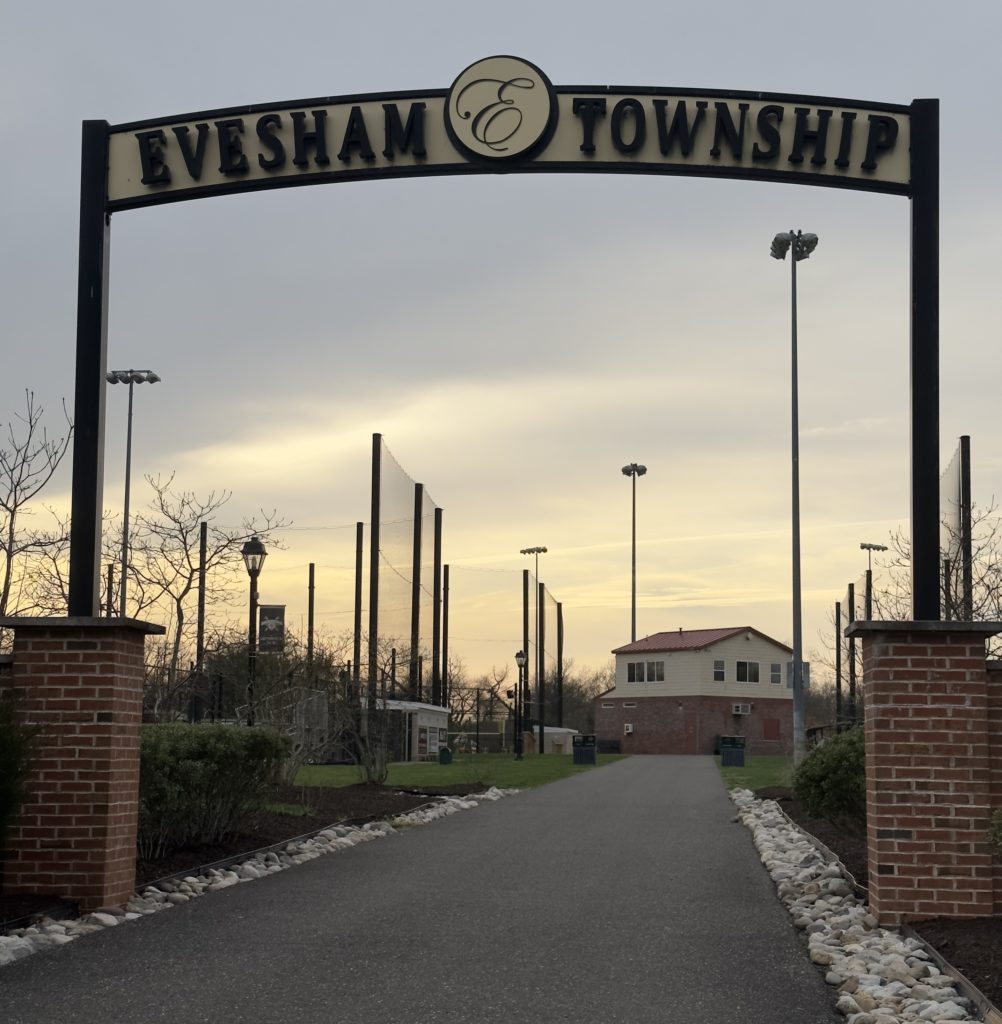
Evesham Township’s Community Energy Plan will focus on implementing several initiatives to reduce energy use and emissions and increase renewable energy.
Evesham council has approved the township’s first Community Energy Plan to combat climate change, one of the first municipalities in the state to do so as part of the NJ Energy Master Plan (EMP).
Community Energy Plans help communities effectively organize lower greenhouse gas emissions by reducing energy use and expanding sustainable energy production. The plan establishes priority sustainable energy initiatives based on demonstrated effectiveness; unique local factors and co-benefits such as improved local air quality; energy savings for residents and workforce development.
Megan Stanley, a senior planner at Heyer, Gruel and Associates in Red Bank, presented the township’s energy proposal, explaining that Evesham is pursuing the NJ Energy Master Plan as a result of being awarded a grant by the state Board of Public Utilities.
The goal of the plan is to improve energy efficiency in the township’s building and transportation sectors by eventually using 100% clean (renewable) energy and reducing carbon emissions to 80% below 2006 levels by the year 2050.
”(The state master plan) is looking for townships to align their energy goals with that of the state,” Stanley noted.
Preparation of the township plan included several opportunities for community input. There were numerous public meetings about Evesham’s energy goals and energy efficiency in the latter part of 2023, including a public comment session on Nov. 8 and a month-long public survey online that drew 49 respondents.
The benefits of the community energy plan are expected to include improved air quality, energy cost savings and job creation, with the preparation process designed to be collaborative, inclusive and equitable. The plan also creates opportunities to make improvements without incurring major costs.
The state’s master plan identifies seven strategies for rapid reductions in greenhouse gas emissions.
Strategy 1: Reduce energy consumption and emissions from the transportation sector using initiatives such as municipal/commercial fleet efficiency and transition to EV fleets, expanded access to public charging stations, alternative modes of transportation through bike shares or e-bike programs and improving andcreating safe pedestrian/bicyclist pathways in key areas of Evesham.
Strategy 2: Accelerate deployment of renewable energy and distributed energy resources. This strategy broadly emphasizes initiatives such as encouraging public and private solar projects through outreach and incentives, pursuing community solar projects, purchasing renewable energy for municipal facility use and pursuing a municipal-wide shift to a renewable energy provider.
Strategy 3: Maximize energy efficiency and conservation and reduce peak demand. This strategy emphasizes initiatives such as upgrading municipal facilities to be more energy efficient, encouraging residential and commercial energy efficiency, and conducting outreach to large energy users in the township regarding energy efficiency programs and incentives.
Strategy 4: Reduce energy consumption and emissions from the building sector by broadly emphasizing initiatives such as constructing new municipal buildings as model green facilities, encouraging efficiency benchmarking for existing buildings and conducting outreach to developers of new construction regarding energy efficiency.
Strategy 5: Decarbonize and modernize New Jersey’s energy system with initiatives such as planning for necessary distribution system upgrades to handle increased demand, modifying the rate design and rate-making process to align utility incentives with state goals and planning for future reductions in natural gas consumption. This strategy will not be included in the Community Energy Plan since municipalities do not have jurisdiction over grid regulatory issues.
Strategy 6: Support community energy planning and action with emphasis on encouraging and supporting participation by low- and moderate-income and environmental justice communities. This strategy emphasizes ensuring that planning is inclusive of various work schedules and meeting abilities and supporting programs such as shared mobility and solar subscriptions for low- and moderate-income residents.
Strategy 7: Expand the Clean Energy Innovation Economy with initiatives such as energy storage and larger-scale energy infrastructure improvements. Those can include developing a local microgrid or participating in a district energy system.
Stanley said that while the Board of Public Utilities grant will fund the township energy plan, it should be updated as technology advances.
”The grant that’s available right now, it provides a township up to $250,000 to implement the things that are in the plan,” she noted. “(In the plan), we do recommend to come back and look at this, because technology is rapidly changing every year. So every five years, we set the mark.”
The entire 67-page Community Energy Plan is available on the township website, inside the Feb. 14 meeting agenda document. Questions can be emailed to Stanley at mstanley@hgapa.com or Hanah Davenport at hdavenport@hgapa.com.
The next council meeting is scheduled for 7 p.m. on Wednesday, March 13.


